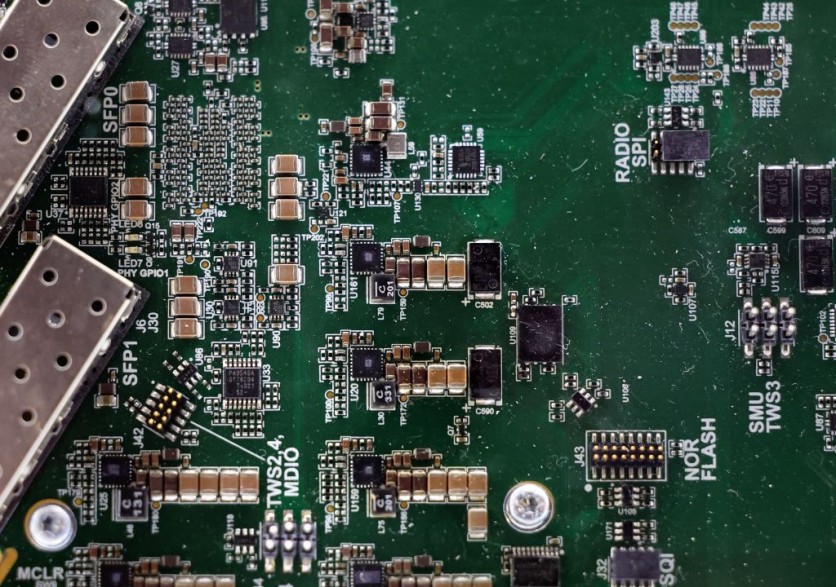New research found that some European tech companies, particularly Germany, refuse to join the escalating US tech trade war with China over semiconductor chips, a crucial component in modern electrical devices.

Germany on US-China Chip War
The research from King's College London and the University of Sussex sheds light on why German firms, particularly in the automotive and semiconductor sectors, were hesitant to align with US efforts to isolate China's semiconductor industry in the ongoing global trade dispute known as the "chip war."
The study highlighted the intricate ties between German automakers such as Mercedes-Benz, BMW, and Volkswagen and the country's semiconductor manufacturers. Researchers argued that these connections explain Germany's reluctance to comply with US calls to sever semiconductor supply chains with China.
Despite pressure from the US, German firms remained intertwined with Chinese markets and suppliers, influencing their strategic decisions in the global tech trade landscape.
Dr. Joseph Baines from King's College London's Department of European and International Studies noted that while governmental policies primarily drive the geopolitical conflict, corporate interests play a pivotal role in shaping the outcomes.
He underscored how these interests are a critical intervening variable thwarting US attempts to isolate China's semiconductor sector. Dr. Steven Rolf of the University of Sussex Business School highlighted the substantial economic stakes.
He noted that China spends more on importing semiconductors than oil, which could be why German firms ignore calls to separate or decouple from China.
Stand of Germany in the US-China Chip War
Despite these pressures, German companies, deeply integrated with both automotive and semiconductor sectors, are opting to maintain their ties with China rather than accede to US demands.
The research noted that while German semiconductor firms exhibit no greater dependence on Chinese markets than counterparts in Japan or South Korea - both of which have complied with US directives or withdrawn from China altogether - secondary exposure through interconnected industries like automotive manufacturing complicates their compliance with US embargoes.
Dr. Julian Germann, also from the University of Sussex, underscored Germany's strategic significance in the U.S.-China tech rivalry. He noted that although Germany's semiconductor industry may not be the largest globally, its interconnectedness with other vital sectors like automotive manufacturing amplifies its impact on geopolitical strategies concerning technology and trade.
The researchers highlight the growing economic and political tensions worldwide. The US is using its control over global semiconductor supply chains to hinder China's technological development.
They raise important questions about whether major European and Asian companies will comply with US demands to stop supplying crucial semiconductor components to China, which could slow down China's technological growth. The research team's findings were published in the journal Politics and Governance.
Related Article : US to Invest $75 Million in South Korean Firm Absolics to Build Computer Chip Factory in Georgia

ⓒ 2025 TECHTIMES.com All rights reserved. Do not reproduce without permission.




